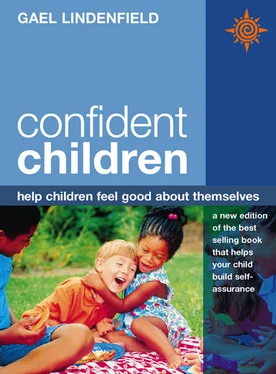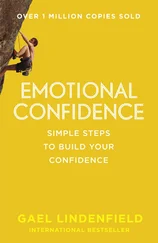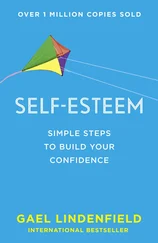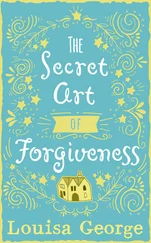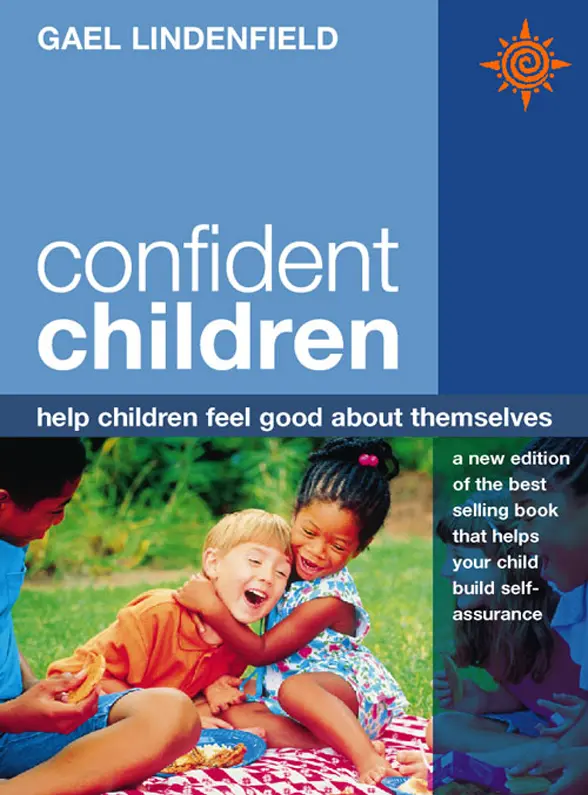
Confident
Children
help children feel good about themselves
Gael Lindenfield
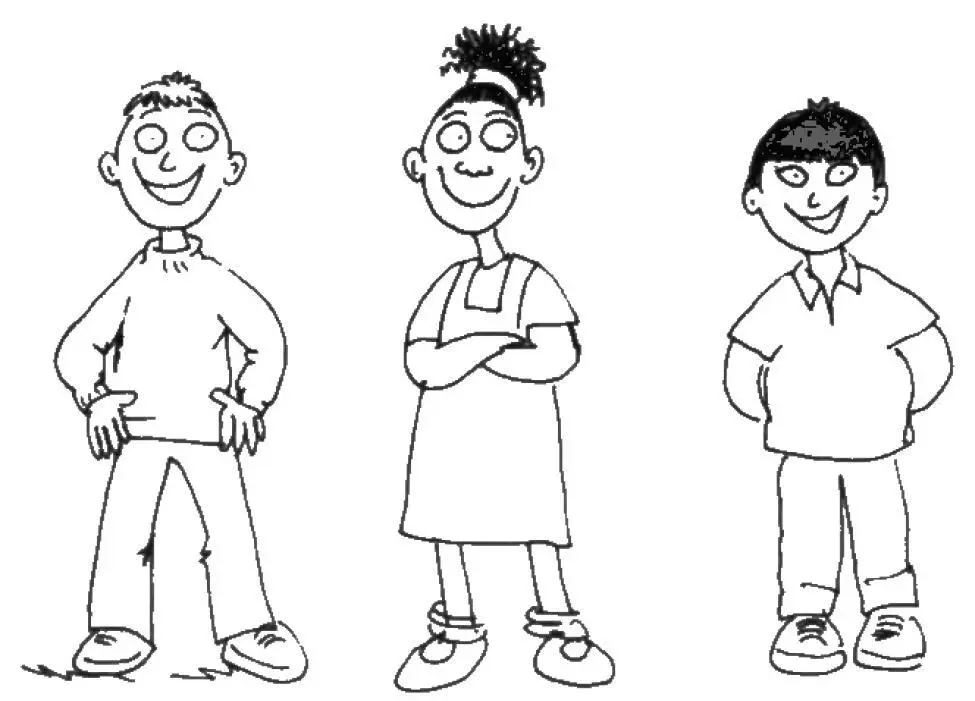

To Laura, my daughter, with deepest love, constant admiration and unending gratitude for enriching my life and teaching me so much about parenting.
Tragically, in 1996, Laura was killed in a car accident at the age of 19. In her memory, Gael and her family set up a foundation (The Laura Lindenfield Foundation) to help young people find and follow an achievable life-dream.
Cover
Title Page
Dedication
List of Exercises
Introduction
Introduction to this Revised Edition
Part 1 You Will Never be a Perfect Parent But You Can Become a Confident One!
1 What Exactly is Confidence? Everything You Need to Know
2 How to Become a Good-enough Parent. More Saint, Less Sinner!
3 Providing a Helpful Environment. Confidence at Home
4 Your Family Life. Does it Hinder or Help?
Part 2 How to Lay the Foundations of Inner Confidence
5 Building Self-esteem. Help Your Children to Love Themselves
6 Developing Good Self-knowledge. Help your Children to Get to Know Themselves
7 Setting Goals. Help your Children to Reach for Their Stars
8 Thinking Positively. Negative Thinking is a Bad Habit – Help Your Children to Kick It!
Part 3 How to Improve Your Child’s Outer Confidence
9 Good Communication and Self-presentation. Learning the Essential Skills
10 Assertiveness. Helping Your Children to Find their Voices
11 Children and Emotions. Helping them to Manage their Feelings
12 Positive Problem-solving. Dealing with Difficulties Constructively
13 Dealing with Conflict. If You Want Confident Children, You Have to Deal with the Conflict!
14 The Flight to the Outside World. Giving your Children the Confidence to Survive on Their Own
Further Reading
Index
The Laura Lindenfield Foundation
Acknowledgements
By the Same Author
Copyright
About the Publisher
Discovering my auto-parent
Sabotaging behaviours of my inner child
Recovering my dreams
Action plan to upgrade my knowledge
My stress warning signals
Action plan for stress prevention
Home-check
Family check-over
Building self-esteem
Helping my children to get to know themselves
My children’s goals
Encouraging positive thinking
Improving communication and presentation
Encouraging assertiveness
Managing feelings
Problem-solving
Dealing with conflict
Have you ever found yourself feeling jealous of a pheasant? I did, just a few months ago. I was visiting our local zoo, which specializes in breeding and taking care of endangered species, and I came across a beautiful rare pheasant. When I read the note on her cage, I felt a surge of envy. It seems that this lucky bird was currently being given a chance to ‘practise her parenting skills’ by temporarily caring for a number of surrogate chicks. I turned to my husband and said, ‘It’s not fair – all my practice had to take place on Susie and Laura!’
This book is an attempt to provide a more considered, adult response to my concerns about the dangers of ‘not good-enough’ parenting. For many years I have been surrounded by evidence that has convinced me that, in this fast-changing, complex, competitive jungle of a world there is another endangered species – the confident parent! I wonder if you have ever met one: I am talking about a relaxed, guilt-free creature who seems naturally and effortlessly to be able to produce a complete breed of equally happy, confident and competent children. Like me, you are probably much more familiar with the kind of parents who spend a considerable amount of time worrying about whether they are ‘getting it right’, or feeling guilty because they know that they are often ‘getting it wrong’!
Is the problem that we now know too much? Should we simply burn those child psychology books and parenting magazines which have raised our expectations of good-enough parenting to seemingly impossible heights?
I don’t think so, because even though the image of the carefree cave-parent is sometimes very tempting, I cannot believe that either children or parents would have much to gain from turning the clock back. As you have chosen to read this book, I am assuming that you also believe that we now have a responsibility to use the knowledge and wisdom our culture has given us to develop and improve the emotional well-being of our children.
The suggestions and strategies in this book are offered as constructive alternatives to the paralysing anxiety and self-reproach which often seem to attack us when, in spite of our loving efforts, our children behave in a way which could indicate that their confidence is at a low ebb. For example, if we find that they are showing signs of:
– clinging on too long to ‘babyish habits’ such as thumb-sucking or bed-wetting
– under-achieving at school because they are too timid to ask for help or they feel lonely
– getting over-concerned with their work and requiring it to be too perfect
– becoming reluctant to venture from the safety of their home or town
– being frustratingly unable to make up their mind or give an opinion
– becoming immobilized with anxiety, fears, phobias or obsessions
– waking each night with frightening nightmares
– behaving shyly or inappropriately at social occasions
– becoming over-sensitive to criticism or teasing
– developing physical symptoms of stress such as headaches, nausea, or skin rashes
– showing off or bullying
– becoming persistently jealous or envious of others
– rejecting compliments and giving themselves put-downs
– losing their appetite or compulsively bingeing
In spite of being super-conscious of the vast numbers of parents who are crying out for help and guidance to help them tackle (or, indeed, prevent) such common problems, I had some initial misgivings about writing this book. First, you may be comforted to know that I was all too aware of my own mistakes as a mother. Secondly, I was working against a deeply held sense of mistrust in parenting ‘bibles’, which I believed could inhibit parents from using their natural nurturing intuition. After some reflection, I came to the conclusion that in an ideal world pheasants would not need parenting practice and humans might not need books such as this, but in the meantime there was very little excuse for not sharing my own personal and professional insights.
I have written this self-help programme for any thoughtful parents who are keen to build their children’s confidence. Although it contains many tips and guidelines, it has never been my intention that any of the material in this book should be used by robots looking for categorical operating instructions!
I anticipate that this book may also make interesting reading for many people who are in loco parentis (such as partners of parents, grandparents, child-minders, teachers and youth workers); it could also be used as a resource for professionals who are engaged in teaching parenting skills.
Читать дальше
